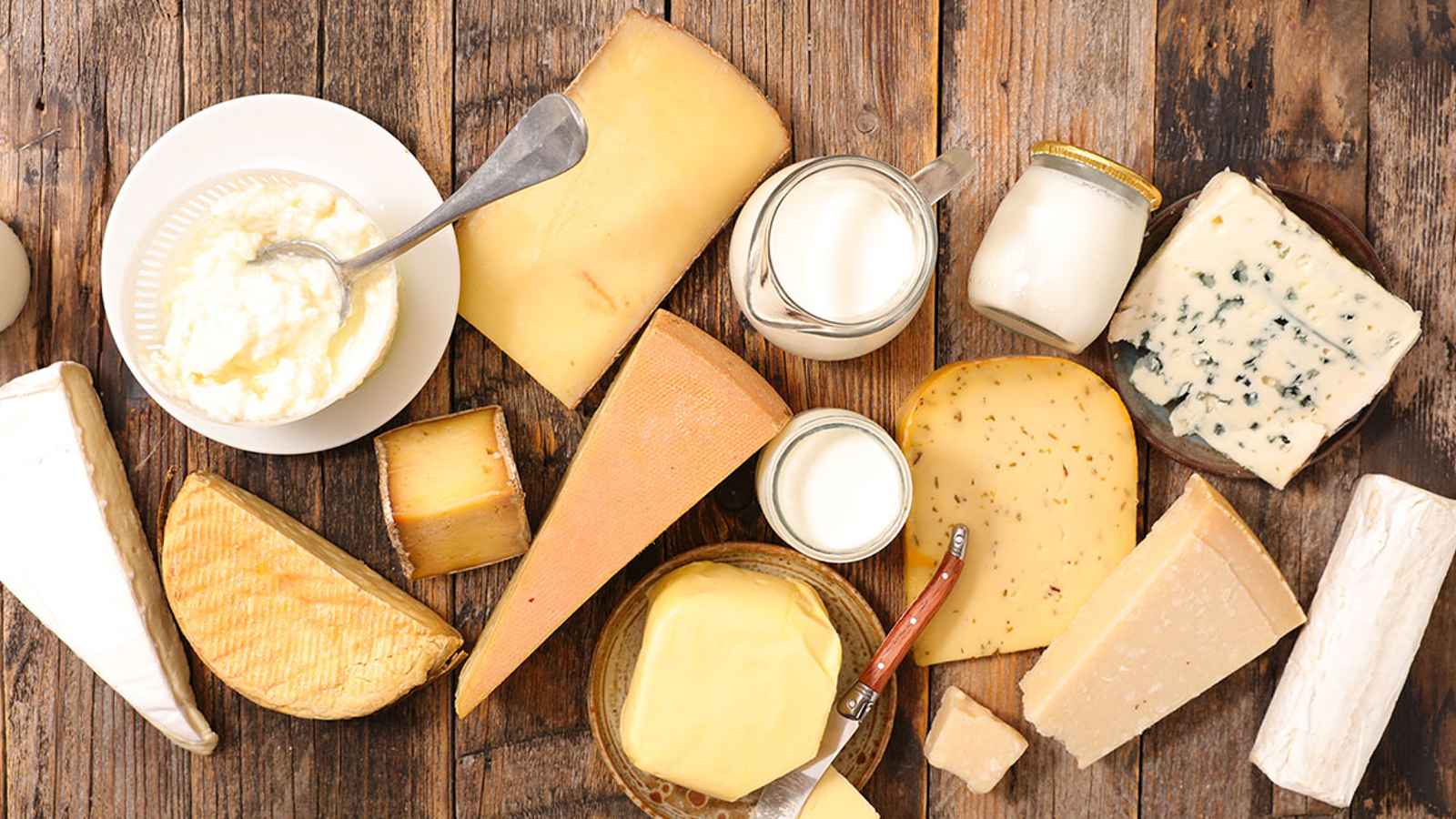Erev Shavuot is a Jewish holiday celebrated on the evening preceding the sixth day of the Hebrew month of Sivan, which generally occurs between 15 May and 14 June on the Gregorian calendar. Its name directly translates to “Eve of the Feast of Weeks.” This year’s date is May 25. The holiday has both agricultural and biblical significance. Biblically, it commemorates the giving of the “Torah” (a compilation of the first five volumes of the Bible) to the Israelites on Mount Sinai. Erev Shavuot also signifies the conclusion of the Omer count, a 49-day or seven-week period between Passover and Shavuot.
The background of Erev Shavuot
Erev Shavuot is as old as the biblical time of Moses. It commemorates the revelation of the Torah to Moses and the Israelites on Mount Sinai and occurred 50 days after Passover, when the Israelites were liberated from Pharaoh’s slavery. Shavuot took place in 1314 B.C. Shavuot enables Christians to renew their faith and acceptance of the Torah’s gift, which God bestowed upon them.
It is one of the three biblically mandated Pilgrimage festivals that is traditionally observed for one day in Israel, where it is a national holiday, and for two days abroad. Jewish people sometimes refer to it as Pentecost due to its proximity to Passover. Pentecost, which means ‘fifty’ in Greek, occurs 50 days after Passover’s first day. However, it is not identical to the Christian festival of Pentecost, which celebrates the descent of the Holy Spirit upon the disciples of Jesus.
The celebration has been known by a variety of names over the years, including “The Festival of Weeks,” “The Festival of Reaping,” and “The Day of First Fruits.” Shavuot and Passover share a number of traditions. “Matza,” which is unleavened bread prepared from the first barley harvest, is consumed during the Passover holiday. This bread serves a vital role in the Shavuot celebration. Due to the agricultural significance of the holiday, Jews frequently “bring the outdoors indoors” by embellishing their homes with flowers and other greenery. Additionally, it is celebrated by remaining up all night to study and prepare for the Torah’s revelation. It is generally known as the Shavuot night vigil.
World Schizophrenia Awareness Day 2023: Date, History, Facts about Schizophrenia
Empire Day 2023: Date, History, Facts about Empire Day
The Battle of Pichincha Day 2023: Date, History, Facts Concerning the Battle and Quito
EREV SHAVUOT ACTIVITIES
embellish your dwellings
Bring nature indoors! Decorate your residence with flowers and other green plants for Erev Shavuot. Use your verdant thumb this holiday season!
Consume a Jewish Meal
Eat a traditional Jewish supper to commemorate the occasion. You can also prepare a traditional Jewish meal for your family by using the Internet to discover recipes.
Stay Up Late And Read
Spend the night studying the Torah by reading about it. Nightly reading will allow you to finish the book in a few months.
THE 5 BOOKS OF THE TORAH
Bresheit — Genesis
This is the first book of the Torah, and it discusses the genesis and origin of mankind.
Shemot means Exodus.
It concentrates on the Israelites’ departure from Egypt and the nation’s early history.
Vayicra — Leviticus
This is the third book of Moses, and it emphasises the importance of leading a holy existence.
Bamidbar —Numbers
This book of Moses is concerned with the annals of the Israelites after they left Sinai.
Devarim — Deuteronomy
The focus of the final volume of Moses is his farewell to the Israelites as they enter the promised land of Canaan.
EREV SHAVUOT DATES
| Year | Date | Day |
|---|---|---|
| 2022 | June 4 | Saturday |
| 2023 | May 25 | Thursday |
| 2024 | June 11 | Tuesday |
| 2025 | June 1 | Sunday |
| 2026 | May 21 | Thursday |



